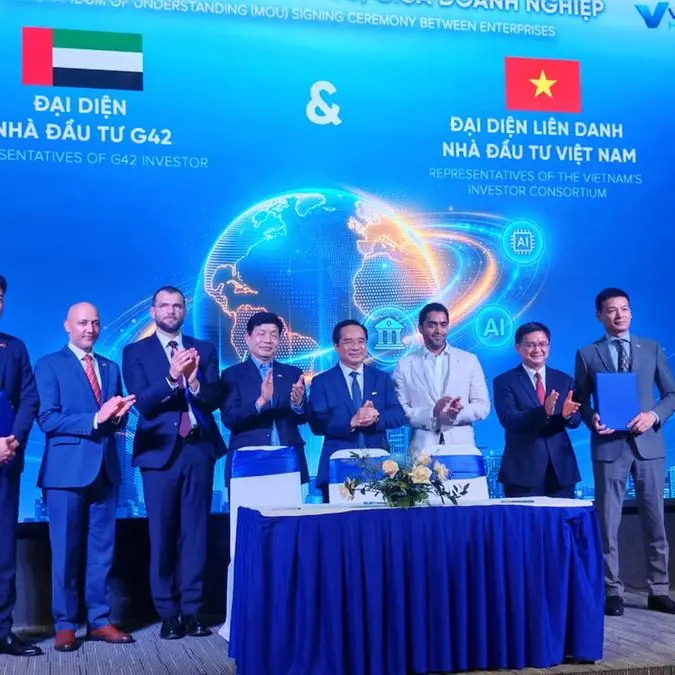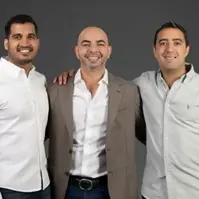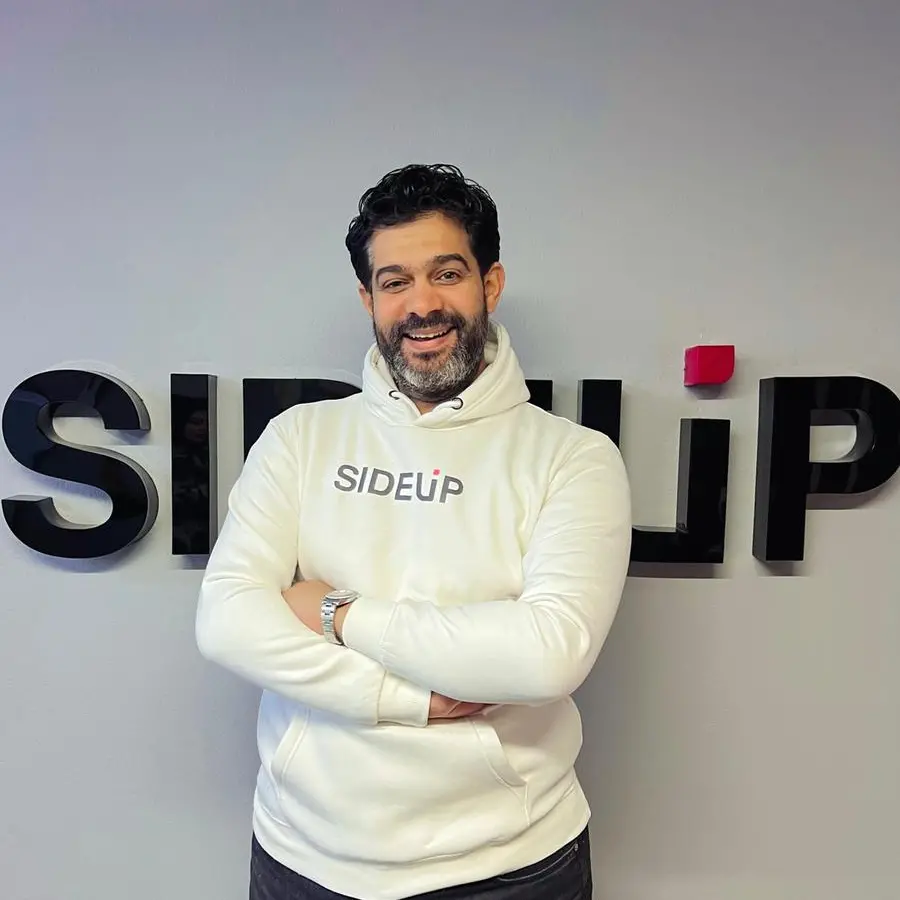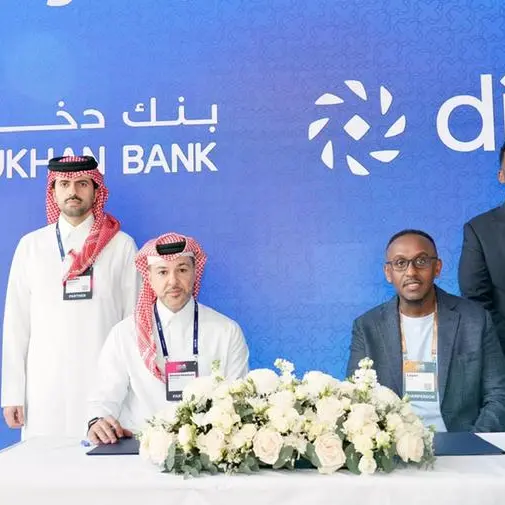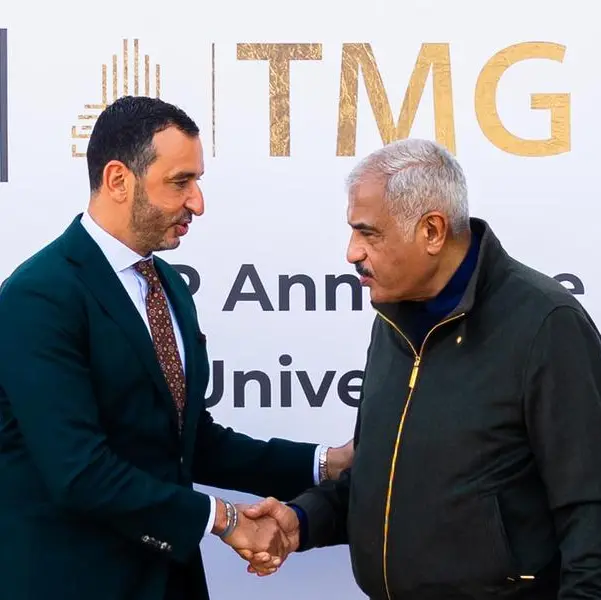Abu Dhabi, 11 October, 2015: Day two of Beirut Institute Summit in Abu Dhabi kicked off with a lively conversation on the role of policy in achieving a positive reconfiguration of the Arab region.
Moderated by Al Arabiya's Najwa Kassem, the session entitled "Can World and Regional Powers Contribute to a Positive Reconfiguration?" discussed the merits of using policy as a tool to achieve progress. The panellists also debated specific policy areas that might aid positive regional outcomes.
Referring to the current situation in Syria, His Excellency Nohad El Machnouk, Minister of Interior and Municipalities in Lebanon, said: "The question of legitimacy in Syria is not to be determined by external powers; it is rather derived directly from the people of the country. Although the recent Russian action constitutes an intervention in favour of the Syrian regime, the evolution of new policies from regional and international powers is a process that will take a long time. We are still a long way from identifying a successful solution to the problem."
"The intervention in support of the Syrian regime, which has been triggered by both internal and external factors, is unlikely to last in the long term," added El Machnouk.
Honourable Kevin Rudd, former Prime Minister of Australia and President of the Asia Society Policy Institute in the United States of America, said: "The key question which unites so many people of the international community is the centrality of terrorism and the necessity of a military defeat of ISIS. The ISIS threat is a threat to the entire state structure of the Arab region."
Rudd added: "The absence of central regional institutions is a key issue. Such institutions could perform a useful role in working on the stabilisation and resolution of conflicts; the world is looking for the emergence of such institutions within the Arab world."
His Excellency Nabil Fahmy, former Foreign Minister of Egypt and current Founding Dean of the School of Global Affairs and Public Policy, said: "Cooperation between Arab states can be very beneficial and there are many examples of Arab coalitions that had a tremendous regional impact. For example, the Taif Agreement wasn't an external initiative; it was a positive, Arab-led initiative to re-establish order in the Arab region and help resolve pressing political and economic questions."
Her Excellency Fatou Bensouda, Chief Prosecutor of the International Criminal Court said: "We are here to discuss the reconfiguration of the region. We talk about political and economic advancement, security, and all the things we wish to have. But what is crucially important for that to happen is to have peace and stability. And in order to bring in peace and stability we need to take into account the issues of responsibility and accountability."
She added: "The International Criminal Court (ICC) was established in 2002 and as of today, 123 states parties have joined. The ICC complements national jurisdiction and steps in when the governments of the ICC states are not able to take action. For this, it is in the interest of states to ratify the Rome Statute and support the ICC."
Dr Vitaly Naumkin, President of the Institute of Oriental Studies, Russian Academy of Sciences, said: "I disagree that Russian's presence in Syria was an 'intervention'; there are aerial operations against terrorism in Syria that fill the gaps in areas where action has not been taken."
"Terrorism is a danger that threatens everyone. There are a large group of terrorists ready to enter Syria and that is why the Russians took action to stop these terrorists from transforming the Syrian capital into the capital of their caliphate," added Dr Naumkin.
Dr. Elliott Abrams, Senior Fellow for Middle Eastern Studies at the Council on Foreign Relations and former US Deputy National Security Advisor, countered this view saying: "As long as Assad's regime in Syria is in power, we will not be able to fight ISIS successfully. As long as war is waged against the Syrian people, ISIS will continue to recruit and we will not be able to defeat it."
"Stronger Arab collaboration would permit a stronger response to the challenges facing this region," Dr Abrams concluded.
The panel was the first session of the second and final day of the 2015 Beirut Institute Summit being held in Abu Dhabi this week. The Summit is a collaborative initiative to proactively influence future policies of the Arab region, attended by political leaders, senior policy makers, major CEOs and civil society leaders.
Set to conclude today (October 11) at the St. Regis Hotel - Corniche, Abu Dhabi, Beirut Institute Summit seeks to explore the Arab region's challenges and potential through integrated inter-disciplinary perspectives that move beyond a traditional understanding of the concepts of "political economy" and "security threats". Among the issues under the spotlight at the open-door plenary sessions is the role of smart cities, the viewpoint of Arab women and the relationship between ideas and policy.
A.T. Kearney is supporting the Summit as the exclusive Knowledge Partner and the UAE's national carrier, Etihad Airways, is acting as the official Airline Partner.
Beirut Institute is considered a leading independent and indigenous think tank in the Arab region; a catalyst for innovative, intergenerational, solution-oriented thinking on issues of pertinence to the Arab region and its place in the world.
The Institute's Board of Directors include: HRH Prince Turki Al Faisal; HE Abdulkarim El Eryani; HE Ambassador Lakhdar Brahimi; HE Dr. Amre Moussa; HE Dr. Barhman Saleh; HE Marwan Kheireddine; Ms Nahla Haidar; Mr Talal Al Shair; Mr Talal Al Zain; Mr Badih Moukarzel and Ms Raghida Dergham the Founder and Executive Chairman.
Beirut Institute Summit's Co-Chairs are: HRH Prince Turki Al Faisal Chairman of King Faisal Center for Research and Islamic Studies; Iraqi Finance Minister Hoshyar Zebari; Bahrain Foreign Minister Sheikh Khaled Bin Ahmad Al Khalifa; UAE Ambassador to Washington Yousef Al Otaiba; Naseej Co. & Solidarity Group Holding Chairman Khalid Abdulla Janahi; Wamda Capital Managing Partner Fadi Ghandour; APCO Worldwide Founder and Executive Chairman Margery Kraus; and Al-Mawarid Bank Chairman Marwan Kheireddine.
For more information
Media Team:
APCO Worldwide
Ali Koaik: akoaik@apcoworldwide.com
Tel: +971 4 361 3333
Beirut Institute Summit Team:
Beirut Institute
Jeanine Kounjian: jeanine.kounjian@beirutinstitute.org
Mario Kanaan: mario.kanaan@beirutinstitute.org
© Press Release 2015
